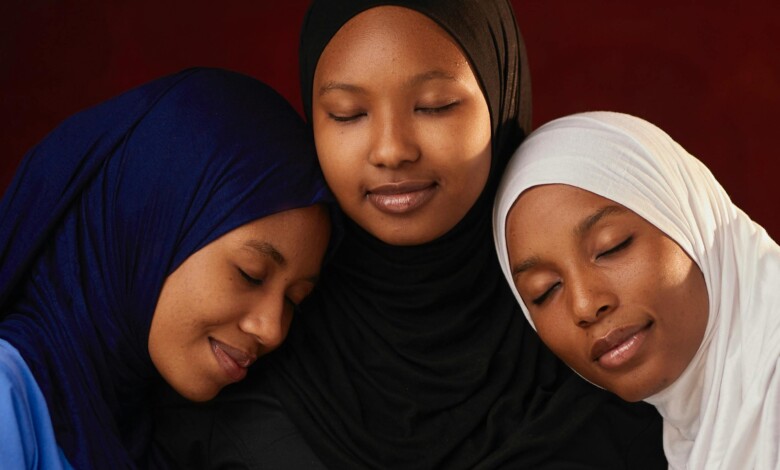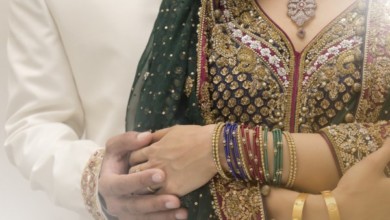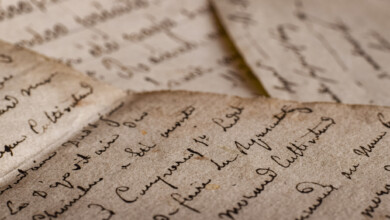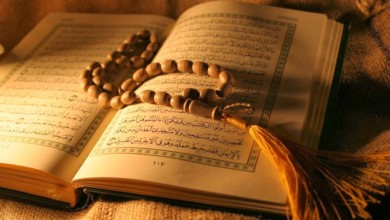Deepening family bonds through Ramadhan.

By Hatmah Nalugwa Ssekaaya
Assalam alaykum warahmatullahi wabarakatuh
As the days of Ramadhan pass, our bodies adjust to fasting, our hearts soften in worship, and our homes take on a different rhythm—one centred around devotion, patience, and gratitude. But beyond the personal spiritual journey, Ramadhan is also a time to strengthen our relationships, especially within the family.
For example, in my home, I have noticed that Ramadhan brings a unique kind of closeness. These shared experiences create a bond like no other. But deepening these connections requires intentional effort. So how can we use this blessed month to nurture love, understanding, and unity within our families?
Making Suhoor and Iftar more than just meals
Food has a way of bringing people together, but in Ramadhan, the mealtime experience carries deeper meaning. It’s not just about breaking our fast; it’s about connecting with one another in gratitude and togetherness.
Involve everyone in preparation: Cooking should not be a one-person task. In our home, everyone has a role—one chops vegetables, another sets the table, and someone else prepares drinks.
Eating and talking together: Mealtime is the perfect moment to pause and truly engage with each other. Instead of rushing through, we take a moment to reflect on our day, share what inspired us, and encourage one another.
Expressing gratitude: One of the habits we have built is taking turns expressing what we are grateful for before breaking our fast.
Praying as a Family: A bond Like no other!
There is something profoundly unifying about standing in prayer together. Whether it’s Maghrib after iftar, Isha before Taraweeh, or the occasional late-night Tahajjud, praying as a family reinforces the idea that we are not just individuals walking our spiritual paths alone—we are a team striving for Jannah together.
Encourage without pressure: Not everyone will feel the same level of motivation at the same time. Instead of forcing participation, gentle encouragement and leading by example work best.
Creating a special prayer space: We set up a simple but inviting prayer corner in our living room, with prayer mats and Qur’ans, making it a designated place where we gather for worship.
Strengthening love through small acts of kindness
Ramadhan is a month of mercy, and one of the best ways to reflect this is by showing kindness within the home.
Husbands and Wives: A small act like preparing a cup of tea for suhoor, giving a reassuring smile after a long day, or taking over a household chore to ease the other’s burden can mean the world.
Parents and Children: Sometimes, as parents, we focus so much on guiding our children through Ramadhan that we forget to simply enjoy it with them. Laughing together, answering their endless questions with patience, and celebrating their small spiritual efforts help them feel valued and connected.
Siblings: A friend shared with me that growing up, Ramadhan was one of the few times her and her siblings worked as a true team. They would compete in who could fast the longest without complaining, race to finish their Qur’an readings, and playfully nudge each other awake for suhoor. Such moments build a lifelong bond.
Giving together, growing together
One of the most beautiful aspects of Ramadhan is its emphasis on generosity. Giving as a family not only fulfills an important Islamic duty but also strengthens our sense of shared purpose.
Teaching Children the joy of giving: In our home, we involve the little ones by letting them hand over sadaqah at the masjid and also allowing them to choose an item to donate. Thishelps them see charity as a meaningful and rewarding act rather than an obligation.
Addressing conflicts with mercy
Ramadhan is a time of patience, but let’s be real—hunger and exhaustion can sometimes bring out irritability. Disagreements may arise, but how we handle them during this month can set a tone for the rest of the year.
Choosing Peace over Pride: If tensions rise, remembering that Ramadhan is a time for self-restraint helps us take a step back before responding in anger.
Seeking Forgiveness quickly: The Prophet S.A.W taught us that the best of us is those who forgive. In our home, we make it a point to resolve conflicts before iftar, so we break our fast with light hearts.
Making time for reflection together
Ramadhan is a deeply personal journey, but sharing reflections as a family enriches the experience.
Journaling and discussions: We have started a simple practice where each family member notes down one lesson or personal goal each week and then shares it during iftar.
A family that worships together, stays together
Ramadhan is more than just a month of fasting; it’s an opportunity to strengthen the ties that hold our families together. Through shared meals, prayers, acts of kindness, and meaningful conversations, we can turn this sacred time into a period of deepened love and connection.
As we move through Ramadhan, let’s not just focus on individual worship but on making our homes places of warmth, mercy, and togetherness. Because long after Ramadhan is over, these bonds we nurture now will remain.
May Allah bless our families, strengthen our love for one another, and accept all our efforts. Ameen.






